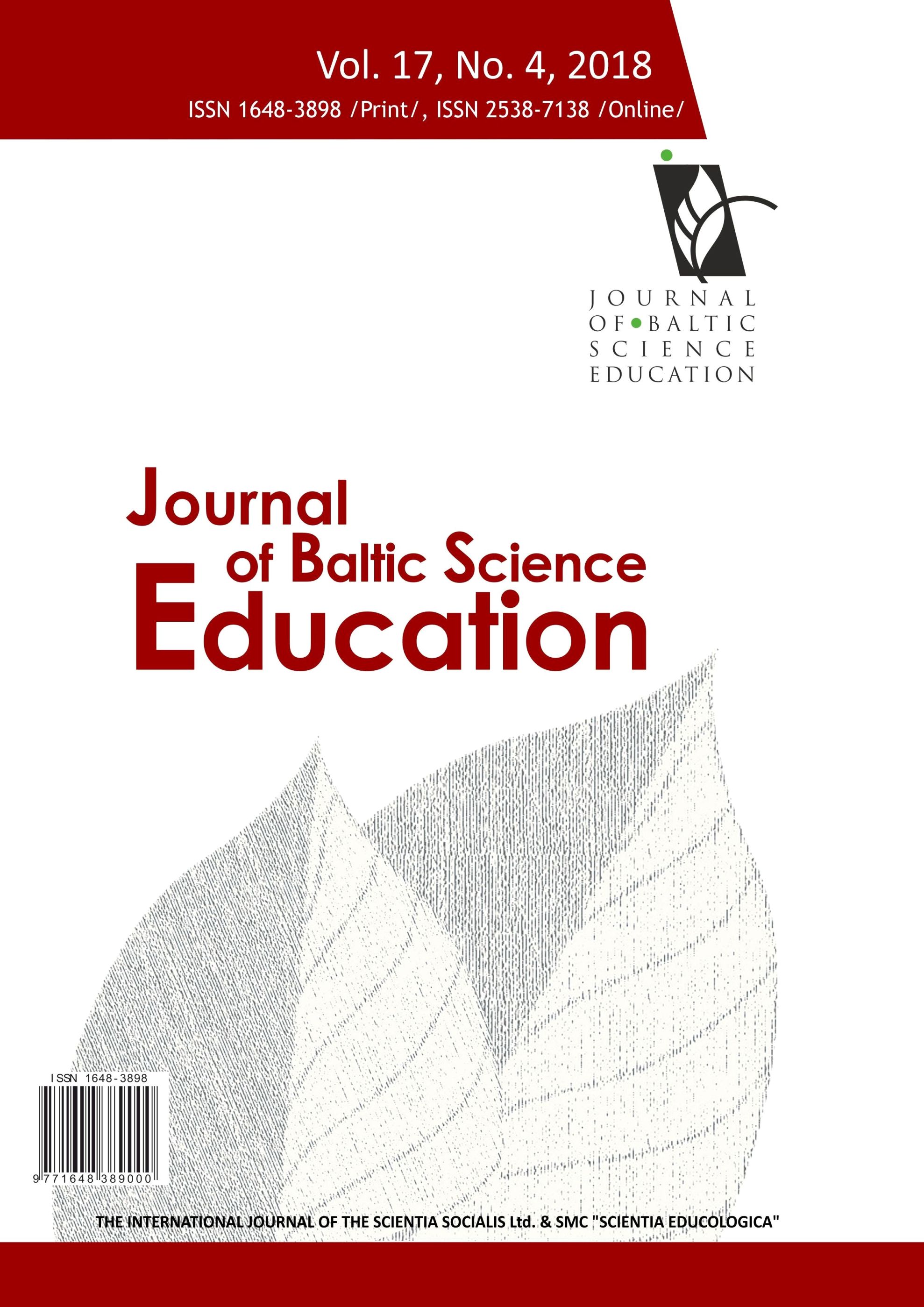INTERCULTURAL LEARNING: CHALLENGES FOR CURRENT SCIENCE EDUCATION
INTERCULTURAL LEARNING: CHALLENGES FOR CURRENT SCIENCE EDUCATION
Author(s): Martin BílekSubject(s): Social Sciences, Education, School education
Published by: Scientia Socialis, UAB
Keywords: science education; scientific knowledge; intercultural teaching;
Summary/Abstract: In the time of curricular reforms across the Europe another chance appeared towards increasing learners´ interest in science education, particularly in relation to the future job selection in the field of natural sciences and technology. Innovations in natural science instruction can be conducted in various ways, e.g. (Bílek & Klečková, 2006): (1) learners´ interest in natural sciences and their instruction (What am I interested in?; What would I like to learn?; What learning content should be learned?) – answers to these questions were discussed i.e. in the analysis of the international comparative study ROSE (Relevance of Science Education) (ROSE Project, 2018), (2) context of instruction (optimally – “school science”, application context, social context, personality context), (3) learning content (standards; Framework and School programmes; traditions; new topics) or (4) competences (key competences; “scientific literacy“; activities in natural science). The current approach to instruction in schools is characterized mainly by the dominant position of the teacher and receptive passivity of learners. Scientific knowledge is built in such a form, which nearly excludes its application and exploitation in the future. Learners are not able to use the knowledge in real situations because they do not discover its relation to the reality; they are not able to apply the abstract knowledge in the real situation. The teacher should create content-rich communicative environment which will address the subjective knowledge area and at the same time which contains new puzzles inviting to creative self-orientation. The teacher’s art lies in the ability to forecast the chain of consequences between original construction of the reality with the learner and scientific knowledge which the learner understands as the state of expected conflict, solves it via the trial-error way. The attention is paid to the individual with subjective content of knowledge and experience (Bílek, Rychtera & Chroustová, 2017).
Journal: Journal of Baltic Science Education
- Issue Year: 17/2018
- Issue No: 4
- Page Range: 532-534
- Page Count: 3
- Language: English

